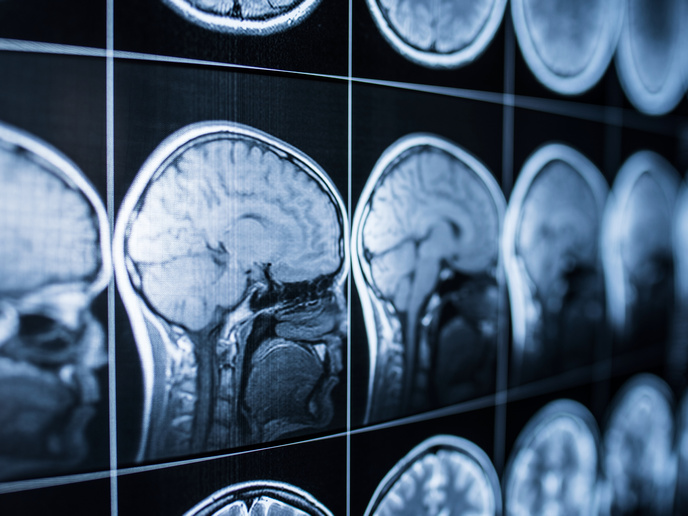Tech innovation boosts life experience of cancer patients
After primary care interventions, most cancer patients are treated at home, sometimes over a long period of time. “This makes the disease comparable to a chronic condition,” notes CAPABLE(opens in new window) project coordinator Silvana Quaglini from the University of Pavia(opens in new window) in Italy. It can also be difficult for patients to return to work, and exhausting and expensive to meet frequent medical appointments. “Synchronising oncologist, psychologist and nutritional expert appointments, can also be difficult,” says Quaglini. “This can lead to long waiting times and multiple visits.”
Novel cancer telemonitoring system
To address these challenges, the CAPABLE project set out to develop a novel telemonitoring system. The goal was to combine a cancer patient coaching system with a ‘smart dashboard’ for clinicians, to improve patient quality of life. “We wanted to find a way of improving communication between patients and clinicians, by allowing patients to report symptoms as soon as they appear,” adds Quaglini. “We also wanted to improve communication among clinicians, provide patients with educational tools to help manage disease, and also give information on lifestyle, nutrition and patients’ rights.” The project team provided patients with two basic instruments: a mobile app and a smartwatch. The mobile app reports side effects of treatments and other symptoms related to cancer, while the smartwatch measures vital signs such as heart rate, oxygen saturation and sleep quality. Medical personnel are able to view the app information on a PC. This data provides useful information between control visits, which could inform treatment or diet changes, or the need for a psychological support programme. “Non-pharmacological interventions were also developed to help patients relax and think positively,” explains Quaglini. “One module involves encouraging patients to write thankyou notes to people. These are then stored in a virtual ‘vase of gratitude’. Revisiting these words has been demonstrated to benefit patient psychological well-being.”
Smartwatches can help predict the onset of some cancer symptoms
In order to measure the effectiveness of these interventions, a control group of patients was asked to fill out a series of questionnaires. These touched on quality of life, satisfaction with treatments and psychological issues, and sought to establish a baseline. Next, patients at three medical centres, equipped with the telemonitoring system, were asked to fill out the same set of questionnaires at regular intervals. “CAPABLE patients reported significant improvements in quality of life, compared to the control cohort,” notes Quaglini. “Preliminary results also suggest that smartwatch data can help predict the onset of some symptoms. Decreasing oxygen saturation for example can sometimes precede the onset of fatigue.” Patients using the system were also very positive about the experience.
Bringing telemedicine into clinical practice
A demonstration version(opens in new window) of the system has been made available, to help healthcare professionals and healthcare policymakers better understand the various functionalities, and appreciate the potential benefits of telemonitoring systems. “The Italian national healthcare system recently announced(opens in new window) telemedicine as one of its priorities,” says Quaglini. “This could present an opportunity for us to implement our model on a larger scale.” Quaglini and her team hope that the CAPABLE model will eventually be brought into clinical practice, and improve the quality of life of cancer patients. “We think we have shown that our model works for patients and caregivers,” she adds.







